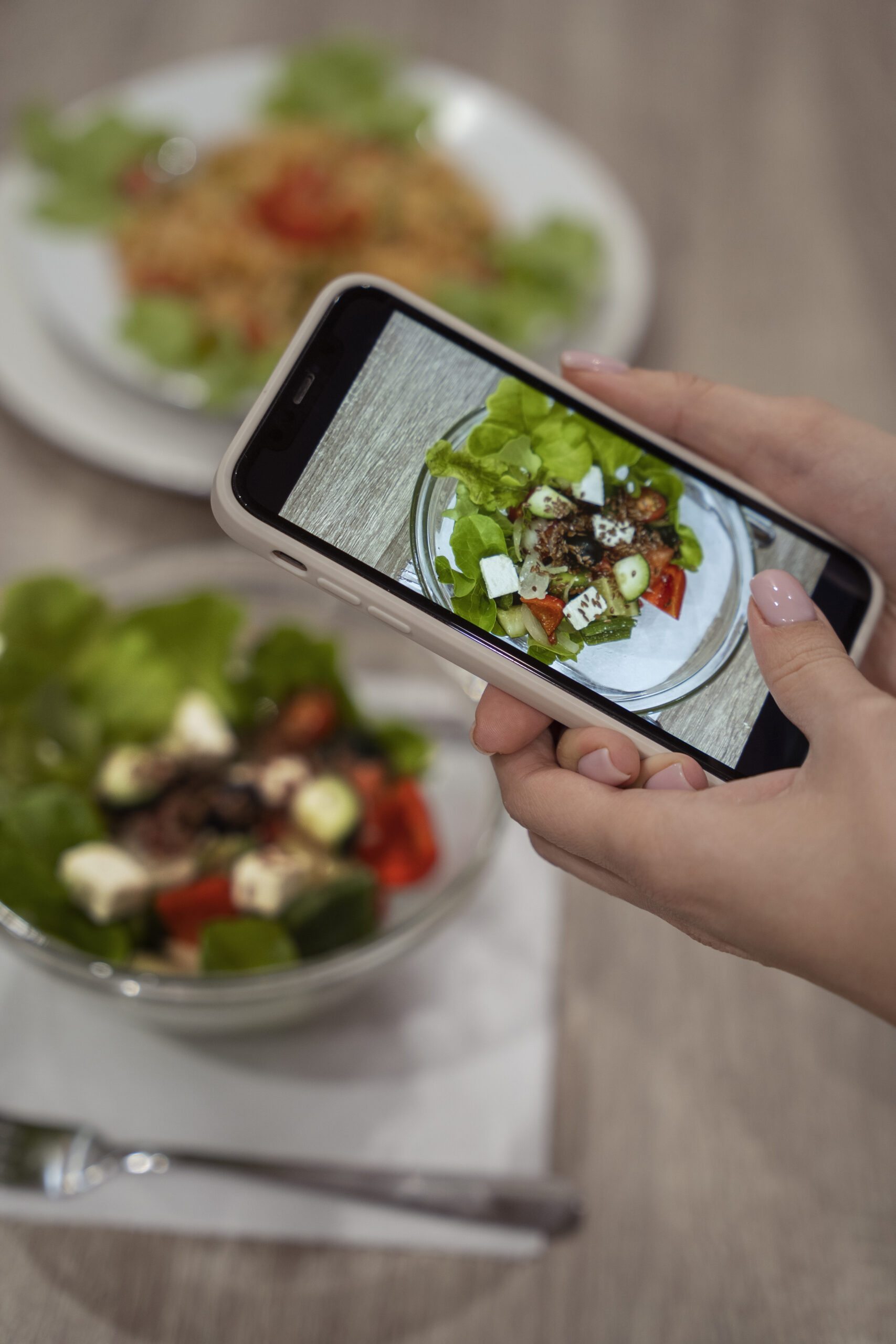In the age of on-demand convenience, having a strong digital presence is no longer optional for restaurants and food businesses—it’s essential. As third-party delivery platforms like Uber Eats, Swiggy, and DoorDash dominate the industry, many restaurants are now questioning whether they should build their own custom food delivery app solution to take back control over their brand, customer relationships, and profits.
But is a custom food delivery app solution truly worth the investment? Or are third-party apps still the best route for growing a food business in 2025?
This blog explores the pros, cons, and long-term value of developing a custom food delivery app tailored to your brand and business goals.
Understanding a Custom Food Delivery App Solution
A custom food delivery app solution is a mobile application built specifically for your restaurant or food business. Unlike off-the-shelf or white-label platforms, a custom solution is:
- Tailored to your branding and user experience
- Developed with unique features that match your operations
- Integrated with your internal systems (e.g., POS, inventory, CRM)
- Designed for scalability and long-term adaptability
It provides full control over everything from UI/UX and promotions to customer data and delivery logistics.
The Major Benefits of Investing in a Custom Food Delivery App Solution
1. Ownership of Customer Data and Relationships
One of the biggest disadvantages of third-party platforms is that they own the customer data—not you. With a custom food delivery app solution, you gain full access to customer behavior, order history, and preferences. This enables you to:
- Personalize marketing campaigns
- Launch loyalty programs
- Understand purchasing patterns for better menu planning
Owning the customer relationship allows you to build stronger loyalty and drive repeat orders directly through your app.
2. Save on Third-Party Commission Fees
Most aggregator platforms charge restaurants anywhere between 15% to 30% per order. Over time, this eats into your margins and reduces profitability.
With a custom app:
- You avoid hefty commission fees
- You set your pricing and promotions
- You increase your average profit per order
Even if initial development costs are higher, many restaurants recoup that investment within the first 12–18 months simply by eliminating third-party fees.
3. Brand Control and Differentiation
A custom app gives you complete control over your brand identity—from the app icon to the checkout flow and everything in between. You’re not competing against dozens of other restaurants listed side-by-side.
With a branded food delivery app solution, you can:
- Create a unique user experience
- Reflect on your restaurant’s culture, story, and visuals
- Reinforce brand loyalty through every digital interaction
This helps your business stand out in a crowded market where consumer attention is limited.
4. Custom Features That Match Your Workflow
Unlike prebuilt apps with fixed templates, a custom solution is designed around your specific business model. For example:
- Cloud kitchens may want multiple brand menus in one app
- Fine-dining restaurants may prefer pre-scheduled ordering
- Food trucks may benefit from location-based ordering features
Custom development lets you build the features that matter most to your business, enhancing both user satisfaction and operational efficiency.
5. Direct Marketing and Customer Engagement
A custom food delivery app solution provides built-in tools for marketing and engagement, such as:
- Push notifications
- In-app promotions
- Loyalty rewards programs
- Gamification features
This allows you to retain more customers, keep your brand top-of-mind, and reduce the cost of customer acquisition.
6. Better Integration with Your Systems
A custom app can be integrated seamlessly with your existing tools and processes, such as:
- POS systems
- Inventory management software
- CRM platforms
- Payment gateways
This creates a streamlined workflow, reducing manual entry, minimizing errors, and improving order accuracy and kitchen operations.
Considerations Before Investing
Of course, building a custom food delivery app solution isn’t without challenges. Here are a few considerations to keep in mind:
1. Initial Development Cost
Custom apps often require a larger upfront investment. Depending on complexity, costs can range from $15,000 to $100,000 or more. However, when weighed against long-term savings on commissions, many restaurants find this to be a smart investment.
2. Time to Launch
Unlike plug-and-play platforms, custom solutions take several weeks or months to design, develop, test, and launch. If you’re in a rush to go live, a phased or MVP approach may help you start small and scale gradually.
3. Ongoing Maintenance
Custom apps require updates, bug fixes, and support—either in-house or via a dedicated development partner. Factor in these costs to ensure the app remains functional and up-to-date.
When Is a Custom App the Right Choice?
A custom food delivery app solution is ideal for your business if:
- You have a strong or growing customer base
- You want to reduce dependency on third-party platforms
- Do you plan to scale or expand to new locations
- You value brand identity and long-term customer retention
- You aim to create a unique ordering experience that reflects your values
On the other hand, if you’re just starting out or have a very limited budget, a white-label solution may be a more suitable stepping stone until you’re ready to scale.
Final Verdict: Is It Worth It?
Yes—when aligned with your growth strategy and operational goals, a custom food delivery app solution is absolutely worth the investment.
While the upfront costs may seem significant, the long-term benefits—higher profit margins, deeper customer engagement, brand independence, and operational control—more than justify the expense.
In a world where user expectations are rising and competition is fierce, having your own branded app isn’t just a nice-to-have—it’s a powerful tool for building customer loyalty and driving sustainable growth.
